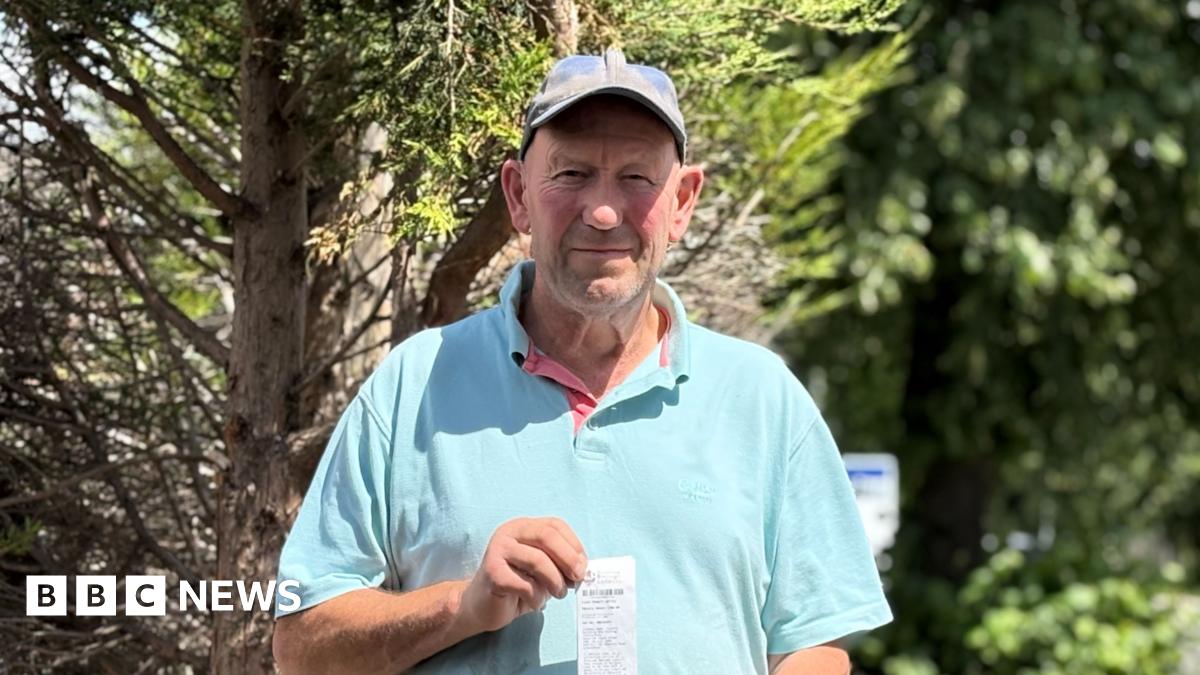The FPN was issued under section 33 of the Environmental Protection Act 1990., external
It claims Mr Brown committed an offence of fly-tipping.
However, Michael Orlik, an independent solicitor who specialises in highways, told the BBC that the FPN had been issued incorrectly.
“It has been issued because the builder is alleged to have deposited waste unlawfully, contrary to the Environmental Protection Act, but under section 75, external, waste means any substance or object which the holder discards,” said Mr Orlik.
“Clearly the builder has not discarded these bags, so it’s not waste.”
Mr Orlik said Mr Brown should appeal against the FPN.
“They should cancel it having found out their mistake,” said Mr Orlik.
If Mr Brown does not pay, he could be prosecuted and taken to court, where his case would be heard before a district judge, or two or three lay magistrates.
“That’s where he would say ‘I’m not going to pay it, I’m not liable to pay it, you’ve got to prove beyond reasonable doubt that this is an offence, and that I discarded it, but I haven’t discarded it, I’m using it’,” said Mr Orlik.
“No solicitor can ever forecast a judge, but I think it’s most unlikely there would be a conviction, and the charge would be dismissed.”
Mr Orlik said leaving building materials on a grass verge could be an offence under the Highways Act 1980, but only the highway authority could enforce this.
This would be Nottinghamshire County Council, rather than Broxtowe Borough Council.
“A highway inspector could arrive on the site under section 149 of the Highways Act 1980, external and say to the builder, ‘please remove this, it’s a nuisance’,” said Mr Orlik.
“It’s hardly a nuisance, because the photograph shows that there’s a carriageway, a footway, and a verge, and people are unlikely to walk on the verge so it’s not a nuisance.”
